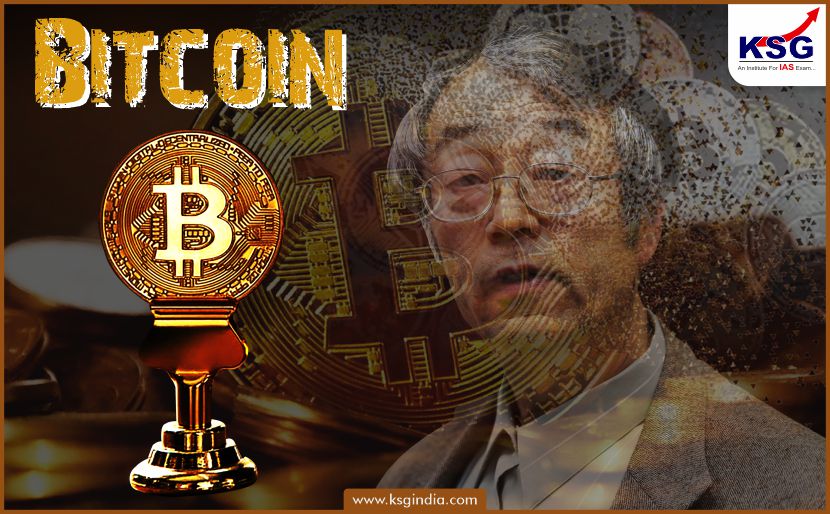Bitcoin

In June 2021, El Salvador became the world’s first country to adopt bitcoin as legal tender, enacting legislation that takes effect in September.
Bitcoin

In June 2021, El Salvador became the world’s first country to adopt bitcoin as legal tender, enacting legislation that takes effect in September. This means that bitcoin can be used to pay for goods and services throughout the country, and recipients are legally obliged to accept it.
What is Bitcoin?
Bitcoin is a digital currency created in January 2009. It follows the ideas set out in a whitepaper by the mysterious and pseudonymous Satoshi Nakamoto.
Bitcoin is a type of cryptocurrency. There is no physical bitcoin, only balances kept on a public ledger that everyone has transparent access to. All bitcoin transactions are verified by a massive amount of computing power. Bitcoin is not issued or backed by any banks or governments, nor is an individual bitcoin valuable as a commodity. Despite it not being legal tender in most parts of the world, bitcoin is very popular and has triggered the launch of hundreds of other cryptocurrencies, collectively referred to as altcoins. Bitcoin is commonly abbreviated as "BTC."
Bitcoin is the world's largest cryptocurrency by market capitalization. Unlike fiat currency, bitcoin is created, distributed, traded, and stored with the use of a decentralized ledger system, known as a blockchain.
Blockchain Technology:
The bitcoin system is a collection of computers (also referred to as "nodes" or "miners") that all run bitcoin's code and store its blockchain. Metaphorically, a blockchain can be thought of as a collection of blocks. In each block is a collection of transactions. Because all the computers running the blockchain have the same list of blocks and transactions, and can transparently see these new blocks being filled with new bitcoin transactions, no one can cheat the system.
Anyone—whether they run a bitcoin "node" or not—can see these transactions occurring in real-time.
Bitcoin Mining:
Bitcoin Mining is the process by which bitcoin is released into circulation. Generally, mining requires solving computationally difficult puzzles to discover a new block, which is added to the blockchain.
Peer-to-Peer Technology:
Bitcoin is one of the first digital currencies to use peer-to-peer technology to facilitate instant payments. The independent individuals and companies who own the governing computing power and participate in the bitcoin network—bitcoin "miners"—are in charge of processing the transactions on the blockchain and are motivated by rewards (the release of new bitcoin) and transaction fees paid in bitcoin.
India and Cryptocurrency:
Cryptocurrencies are not illegal; anybody can buy, sell and trade cryptocurrencies. It’s unregulated; we do not have a regulatory framework to govern its functioning for now. The government is also planning to bring in the “Cryptocurrency and Regulation of Official Digital Currency Bill, 2021,” which is expected to clear the government's stance once and for all.
